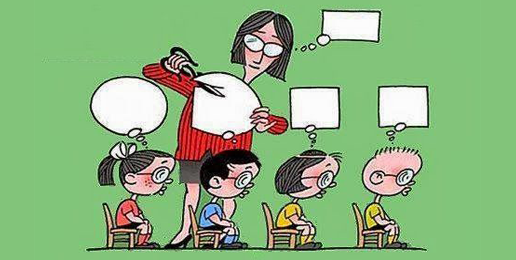Here’s Laurie Higgins on the toxic progressivism in public schools:
On August 15, I wasted a half hour of my day by agreeing to be interviewed by Chicago Tribune reporter Hannah Leone for an article she was writing on the “LGBTQ” school indoctrination bill that Governor J.B. Pritzker recently signed into law and which takes effect July 1, 2020. Before I talk about her article, I should explain more about the interview.
Leone asked what my primary concern is with the law, which is a difficult question because there are so many problems with it. I responded that my primary concern is that our culture-makers—including the Tribune, lawmakers, and “educators”—never discuss the arguable presuppositions on which this law depends, and which “progressives” simply assume are inarguably true.
Those presuppositions are that homosexuality and cross-sex identification are ontologically analogous to race and, therefore, the actions that emerge from homosexual feelings and the desire to be the opposite sex are morally benign or good. I told her that if “progressives” are asked to identify the specific points of correspondence between homosexuality or cross-sex identification per se and race per se, they come up empty.
I further said that “IFI supports the teaching of historically significant cultural contributions. We object, however, to teachers identifying the sexual predilections of historically significant cultural contributors and to basing the selection of cultural contributions on the sexual predilections of cultural contributors.”
She then asked me,
What about movements/milestones like the stonewall riots, HIV/AIDS epidemic, don’t ask/don’t tell, and legalization of same-sex marriage?
I responded,
Because of the complex and controversial nature of these cultural events, they should not be presented in elementary school at all. In middle and high school, they should be presented only if teachers are willing to spend equal time exploring fairly, neutrally, and comprehensively both sides of debates regarding whether these movements have served the culture in positive ways or corrupted culture. Such presentations must include discussions of foundational presuppositions. If teachers are unwilling to present the best resources on both sides of the debate or unwilling or unable to discuss neutrally foundational presuppositions, then they have a pedagogical obligation not to introduce the topics. If they present only affirming views of these movements, they transform education into indoctrination. If they believe reading criticism of these movements will make some students too uncomfortable, they should avoid the topics. If they believe students are too young to understand the foundational presuppositions, then the topics are age-inappropriate. I would argue that most public school teachers are intellectually ill-equipped to address the foundational presuppositions, which are critical to the entire project mandated by this law.”
Read more: Illinois Family Institute
Image credit: www.illinoisfamily.org.

